A call for open-science approaches in autism research
Sharing data and tools is universally efficient, but the study of autism in particular presents challenges that can benefit from an open-science framework, says Randy Buckner.
Expert opinions on trends and controversies in autism research.
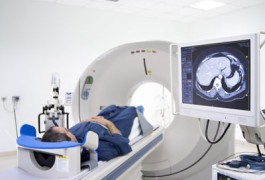
Sharing data and tools is universally efficient, but the study of autism in particular presents challenges that can benefit from an open-science framework, says Randy Buckner.
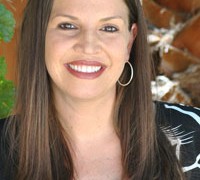
Amphetamines and other compounds with stimulant properties may improve social behaviors in a subset of individuals who have autism with hyperactivity, says Jill Silverman.
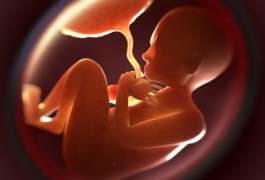
As the central organ regulating maternal-fetal interactions, the placenta is perfectly positioned to mediate environmental and genetic risk factors during prenatal development. It may also relay risk factors for autism to the fetus, says Paul Patterson.
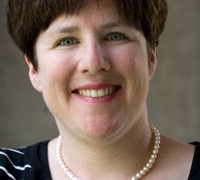
New analysis of an in-depth study of autism rates in Utah in the 1980s highlights how changing diagnostic guidelines may be contributing to the rise in prevalence.
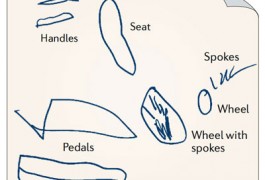
Studying the well-characterized Williams syndrome could help researchers understand autism and discover new therapeutic targets, says Andreas Meyer-Lindenberg.
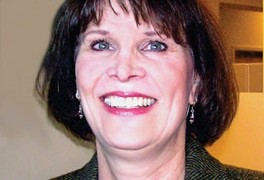
A New York Times opinion column on 25 August suggested that at least some cases of autism could be considered inflammatory disorders. But this theory is still in its infancy.
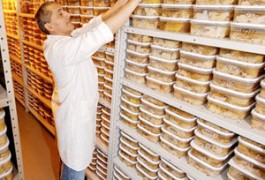
Postmortem brains from individuals with autism allow researchers to look at patterns of gene expression in different cell types, and to understand the interplay among neurons and neural circuits, says Dan Arking.
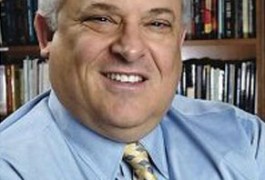
Rather than make blanket decisions, doctors must gauge the level of cognitive impairment in individuals with autism when considering them for organ transplants, says bioethicist Arthur Caplan.

Among siblings of children with autism, those with better prefrontal cortex functioning — observable as relatively strong executive functions for their age — are better able to compensate for atypicalities in other brain systems early in life, and are therefore less likely to receive a diagnosis of autism later in their development, argues Mark H. Johnson.

Genes and the environment each influence the role of the other in determining the risk of developing autism. Genetics can determine how susceptible one is to the environment, and environmental factors can influence gene expression and introduce mutations, says immunologist Janine LaSalle.






